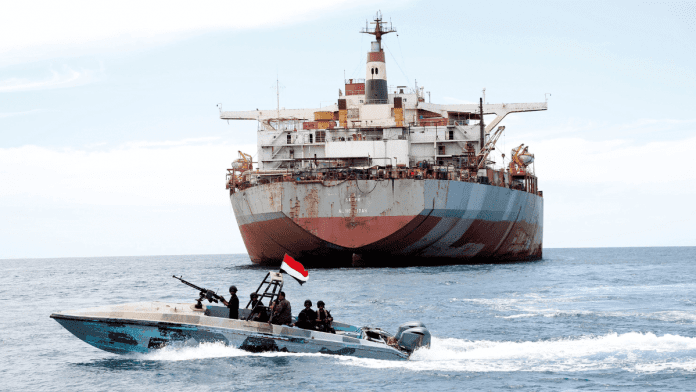News In Brief:
– FAO report warns that the Red Sea crisis could worsen food insecurity in Yemen, affecting farmers and vulnerable populations.
– Urgent international action is needed to prevent further escalation and ensure uninterrupted food supplies to Yemen’s most vulnerable.
A recent report from the Food and Agriculture Organization of the United Nations (FAO) has shed light on the escalating crisis in the Red Sea, spelling out potentially devastating consequences for Yemen’s already fragile food security.
As tensions rise, the report warns of heightened shipping costs, delayed food deliveries, and even the complete suspension of trade routes and port closures in Yemen. For local farmers and vulnerable populations, this could mean even greater struggles to access essential food items.
Red Sea crisis impact on Yemen’s food supply and livelihoods
Yemen’s food security situation is already precarious, with nearly 5 million people —45% of the population in government-controlled areas— facing crisis levels of food insecurity. The country heavily relies on imports, especially for staple cereals, with around 90 percent of these needs being met through imports. If the Red Sea crisis persists, the report predicts a slowdown in imports over the next three months, leading to decreased food availability and higher prices in local markets.
Hussein Gadain, the FAO Representative in Yemen, has urged the international community to address the looming humanitarian crisis. He emphasised the need for coordinated efforts to de-escalate the Red Sea conflict and ensure the uninterrupted flow of both commercial and humanitarian food supplies. With attention shifting to other global crises, including those in Ukraine and Gaza, Gadain stressed the urgency of the situation in Yemen.
Beyond food security, the report highlights the broader impact of the crisis on livelihoods and value chains. Increased insecurity at sea and landing sites may drive fishermen away from their trade, affecting not only their incomes but also the availability of fish—a vital protein source—in local markets. Moreover, heightened military activities risk damaging critical infrastructure such as ports and storage facilities, further impeding the distribution and storage of food within the country.



